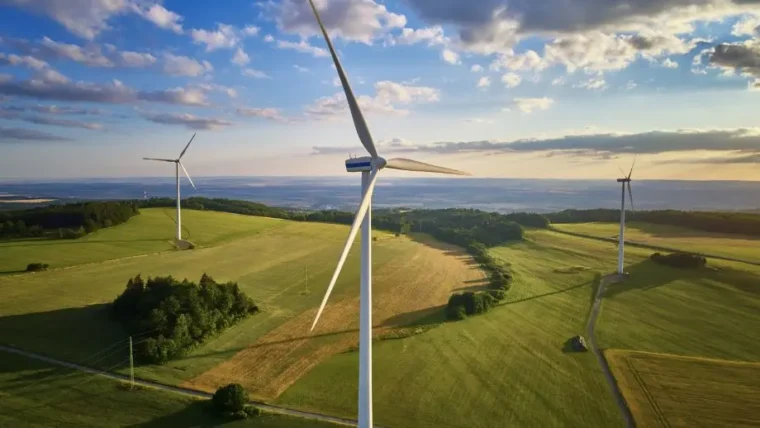Could the bioeconomy strategy affect your business?
15 March 2017
In the current world, where resources are becoming increasingly scarce, a number of challenges are faced in order to attempt to deliver sustained economic growth whilst protecting and lessening our impact on the environment.
To begin to combat this, the UK government are developing a bioeconomy strategy. The aim is to develop a strategy which will encourage a bioeconomy that is both suitable for the UK’s availability to natural resources and also to its industrial structure.
What is the bioeconomy?
Termed by the chairs of the UK’s three bioscience leadership councils, the bioeconomy can be defined as:
“All economic activity derived from bio-based products and processes which contributes to sustainable and resource-efficient solutions to the challenges we face in food, chemicals, materials, energy production, health and environmental protection.”
Utilising biological resources is not a new concept; wood has been burned for fuel for thousands of years and microbes used to produced ethanol. However, advances in science and technology have enabled new opportunities to develop, such as the conversion of waste into high value products. The ability to use waste as an alternative to other virgin materials has the potential to provide sustainable resources for the bioeconomy.
The UK produces almost 300 tonnes of waste each year (House of Lords report, 2014) – this waste takes many different forms, from household waste to building materials. Even though waste disposal is managed in a type of hierarchy, with an emphasis on re-use and recycling, most household waste in the UK still ends up in landfill sites. Using technology and science to transform carbon containing waste into valuable products has the potential to provide substantial benefits to the economy.
To deliver this bioeconomy strategy, the government are:
- Working with businesses to support a transition into a more circular economy. (See our previous blog post on the circular economy);
- Promoting the use of waste that contains carbon as important resources for the bioeconomy;
- Supporting research and development of innovative technologies to support the bioeconomy;
- Continuing to encourage investment in development of innovative technologies.
According to a report commissioned by Biotechnology and Biological Science Research Council (BBSRC) and the department for business energy and industrial strategy – ‘In 2014 the whole bioeconomy generated approximately £220Bn in Gross Value Added (GVA) and supported 5.2 million jobs’.
The report also found that the UK is one of the leading countries underpinning the bioeconomy with important areas of innovation. The UK is one of the global leaders in designing innovative technologies; consequently there is an opportunity within the bioeconomy for the UK to develop new models to be exported to the global market, which could have a positive impact on the UK economy.
While there are clear benefits to the UK economy, next week’s blog will analyse whether the bioeconomy strategy makes environmental sense.
Could the bioeconomy strategy affect your business?









